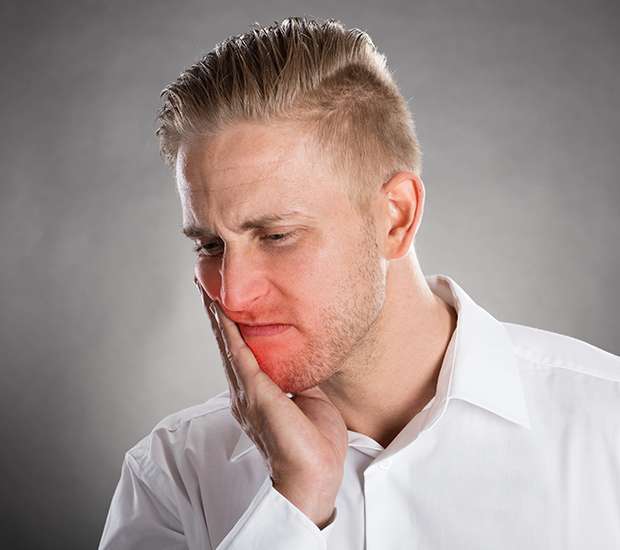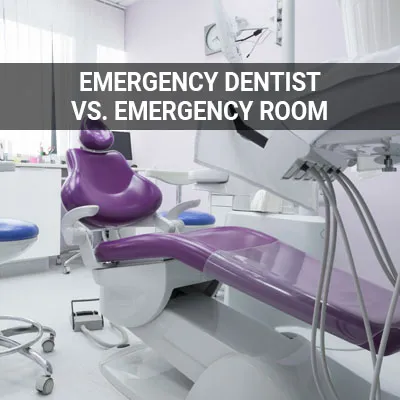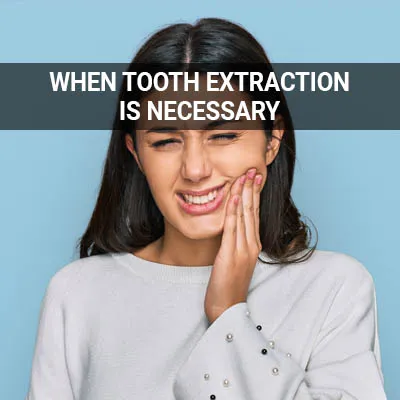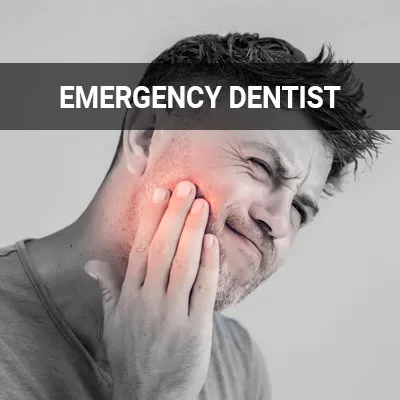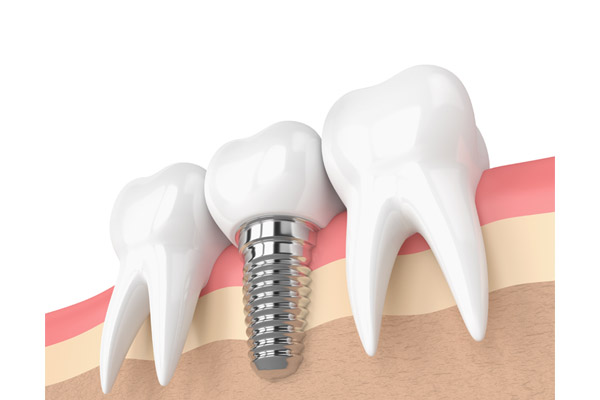When a Situation Calls for an Emergency Dental Surgery Federal Way, WA
Your teeth represent some of your most important assets. Not only are they critical to your ability to obtain proper nutrition, but they are also a vital aspect of your physical appearance and influence the way you present yourself to the outside world. When you have a dental concern, it can be all-consuming. Whether you are struggling with a tooth infection or you have accidentally damaged a tooth, here is what you need to know about a dental surgical emergency.
Our team at Smile Center Dental Care in Federal Way can advise you further, so do not hesitate to call us at (253) 326-6230 for more information.
Understanding Dental Emergencies
A dental emergency is any issue that is potentially life-threatening and requires immediate treatment. Dental emergencies often involve uncontrolled bleeding or severe pain and/or infection. Some situations, however, may feel pressing without being dental emergencies. These may include:
- Cosmetic dental procedures
- Extraction of asymptomatic teeth
- Initial or periodic oral examinations and recall visits, including routine radiographs
- Orthodontic procedures that do not address acute issues
- Restorative dentistry including treatment of asymptomatic carious lesions
- Routine dental cleanings and other preventative measures
Patients should keep in mind that the above list is not exhaustive. If there is any confusion about whether or not an immediate visit is necessary, call us at (253) 326-6230. We can determine if an issue can be resolved at a routine visit or requires emergency dental surgery.
“According to the American Dental Association (ADA), a dental emergency is any issue that is potentially life-threatening and requires immediate treatment.”
Chipped Tooth
A chipped tooth may constitute a dental emergency. Sometimes a chip in a tooth is very small and only affects the outer layer of the tooth. These chips are likely to cause no discomfort and may not require emergency dental surgery. However, if one has chipped a tooth and is having pain, it may mean that the tooth's soft pulp, including the nerve root, has been affected.
This can constitute a dental emergency because the soft pulp is at risk of becoming infected. If one has chipped a tooth that is causing pain, they should rinse their mouths with salt water, use a cold compress to reduce swelling, and contact their dentist right away.
“However, if you have chipped a tooth and are having pain, it may mean that the soft pulp of the tooth, including the nerve root, has been affected.”
Cracked Teeth
Like chipped teeth, cracked teeth may be caused by trauma or general wear and tear. Symptoms may range from intermittent pain when chewing to sudden temperature sensitivity. It is not uncommon for these symptoms to come and go, making it difficult for cracked teeth to be diagnosed. Patients experiencing these symptoms or suspect they have a cracked tooth should seek medical attention immediately, as early intervention is key to saving the tooth.
Treatment depends on the extent, location, and type of the crack. A fractured cusp may be treated with a filling or crown. A crack that extends vertically toward the root may require a root canal. A split tooth will require endodontic treatment. In contrast, a vertical root fracture may necessitate endodontic surgery or tooth extraction.
“Patients who are experiencing these symptoms or suspect they have a cracked tooth should seek medical attention immediately, as early intervention is key to saving the tooth.”
Check out what others are saying about our dental services on Google: When a Situation Calls for an Emergency Dental Surgery in Federal Way, WA
Infected Tooth
A tooth infection can be very painful. If it is severe, it may require emergency dental surgery. When the tooth's outer layers become compromised — whether due to decay or trauma — the soft inner tooth pulp becomes vulnerable to bacteria. If bacteria enter and infect the inside of the tooth, one may experience severe pain. An abscess, or collection of pus, can form from a tooth infection, causing swelling or a bulge along the gum surface.
When a tooth infection is severe, it can spread to other mouth structures, such as the jaw bone, which can cause a person to become fatally ill. An emergency dental surgery, known as a root canal, can stop this process in its tracks. If one is experiencing pain in a tooth or the surrounding structures, combined with a fever or pus drainage, they may have an infected tooth. Contact your dentist right away.
“When a tooth infection is severe, it can spread to the other structures of the mouth, such as the jaw bone, which can cause a person to become fatally ill.”
Questions Answered on This Page
Q. What is a dental emergency?
Q. What is the treatment for a cracked tooth?
Q. What is the treatment for a chipped tooth?
Q. How are infected teeth treated?
Q. When is damage to orthodontics a dental emergency?
People Also Ask
Q. What procedures are performed under emergency dental care services?
Q. What should I do while waiting to get to the emergency dentist?
Q. Do I need a tooth extraction?
Q. Should I visit the ER after a dental emergency?
Q. What should one do for a toothache when waiting to see a dentist?
Damage to Orthodontics
When orthodontics are in place, the mouth is especially vulnerable to trauma. Suppose one has sustained an injury to the mouth that has caused damage to the orthodontics and an underlying tooth. In that case, they may require emergency surgery, particularly if they are having uncontrolled tooth pain or bleeding.
If one's orthodontic hardware breaks and is causing them discomfort, they should call their dental provider immediately for advice. Use a saltwater rinse to help with any irritated areas in the mouth, and apply orthodontic wax to any sharp parts. Additionally, they should remove any pieces of hardware that have completely broken off so that they do not accidentally choke or swallow them.
However, if the orthodontic hardware is only partially damaged, they should not try to repair it or remove the remaining pieces themselves.
“Use a saltwater rinse to help with any irritated areas in the mouth and apply orthodontic wax to any sharp parts.”
Frequently Asked Questions
Q. What is the most common type of dental injury?
A. According to the American Association of Endodontists (AAE), chipped teeth are the most common type of dental injury. To avoid a chipped tooth, you must wear a mouthguard when playing contact sports and never use your teeth to open things.
Q. How can I avoid a cracked tooth?
A. To avoid a cracked tooth, do not chew on hard items, such as popcorn kernels or hard candy. You should also avoid chewing on non-food items such as pens or ice. Wearing a nightguard can also help reduce the wear and tear on your teeth from grinding, making them more vulnerable to cracking.
Q. Why do I have tooth pain?
A. Many events can cause tooth pain, but most dental pain stems from exposure to the inner part of your tooth, known as the tooth pulp. According to the American Dental Association (ADA), tooth pain commonly results from a cavity, cracked tooth, or an exposed tooth root. Therefore, if having pain, it is critical to follow up with your dentist as soon as possible.
Q. What should I do if I knock out a tooth?
A. If you have knocked out an adult tooth, the ADA advises that you keep it as moist as possible. If you can, replace the tooth into the socket while not touching the tooth root. If you cannot replace it, you can put it in milk or hold it in your mouth to keep it moist. Make sure to contact your dentist right away, so you have the best chance of saving the tooth.
Q. What is characterized as a dental emergency?
A. Dental emergencies are dental issues associated with pain, immense discomfort, and sudden swelling. These problems typically do not fix themselves and require immediate medical attention.
Endodontic Terminology
Call Us Today
Emergency dental surgery can save your tooth and help prevent severe complications. Do not put your health on the line. Call us today at 253-326-6230 to schedule an appointment or learn more about our services.
Helpful Related Links
- American Dental Association (ADA). Glossary of Dental Clinical Terms. 2024
- American Academy of Cosmetic Dentistry® (AACD). Home Page. 2024
- WebMD. WebMD’s Oral Care Guide. 2024
About our business and website security
- Smile Center Dental Care was established in 2005.
- We accept the following payment methods: American Express, Cash, Check, Discover, MasterCard, and Visa
- We serve patients from the following counties: King County and Pierce County
- We serve patients from the following cities: Federal Way, Auburn, Kent, Des Moines, Tacoma, Fife, Milton, Edgewood, SeaTac, and Algona
- National Provider Identifier Database (1770035289). View NPI Registry Information
- Norton Safe Web. View Details
- Trend Micro Site Safety Center. View Details
Back to top of When a Situation Calls for an Emergency Dental Surgery
QR code for When a Situation Calls for an Emergency Dental Surgery
